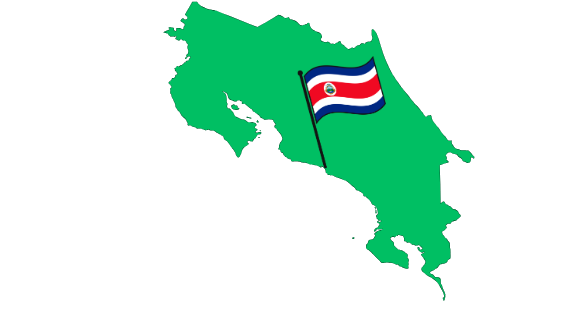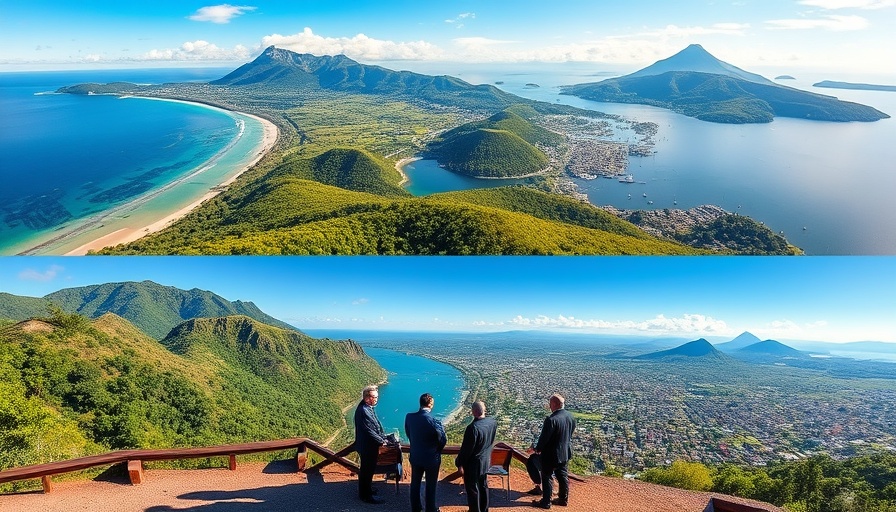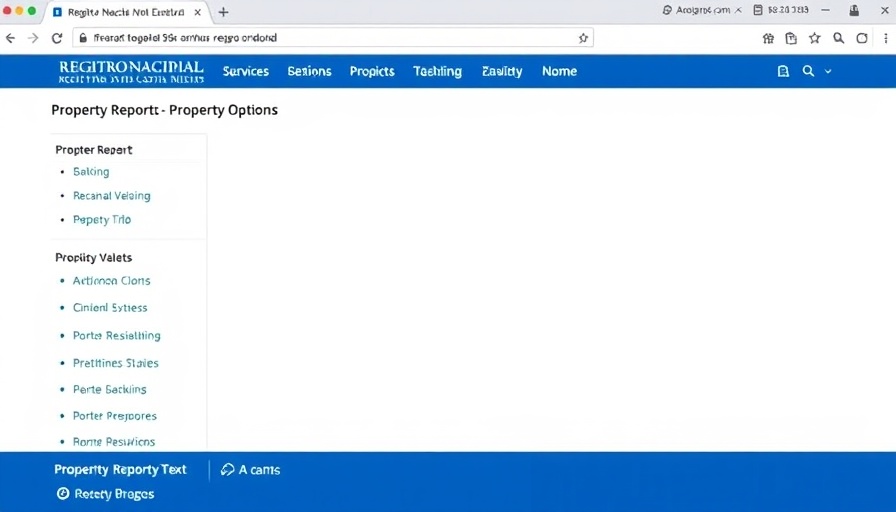
The Journey to Residency: What Investors Need to Know
As more individuals seek the tranquility and beauty of Costa Rica, questions surrounding residency become increasingly important. In our recent analysis of the "Immigration Q&A with Quatro Legal and ReMax Bespoke Ocean", we explore the process and requirements that pertain to real estate investments and residency in this serene paradise.
In the "Immigration Q&A with Quatro Legal and ReMax Bespoke Ocean," the discussion dives into the residency process for investors, exploring key insights that sparked deeper analysis on our end.
Understanding the Residency Process
According to immigration specialist Maria Jose Matus and real estate expert Maria Verba, the residency approval process typically spans between 18 to 24 months. This timeframe holds true regardless of the residency category chosen. For many investors, understanding this timeline is essential for financial planning and lifestyle adjustments.
Residency Categories Explained
Investors at Quatro Legal and Remax Bespoke Ocean have a few pathways to residency. The investor category remains the most sought-after, especially for those looking to capitalize on Costa Rica's burgeoning real estate market. However, individuals can also apply under several other categories including:
- Rentista: For those with a guaranteed income from abroad.
- Retired: For retirees who wish to settle in Costa Rica.
- Digital Nomads: Increasingly popular for individuals who work remotely.
Qualifying for Investor Residency
One crucial aspect of qualifying for investor residency involves property valuation. Investors can pursue residency by either purchasing property valued at a minimum of $150,000 registered with the municipality or by acquiring a property through a corporate entity. Many clients may find this concept confusing; they often equate the purchase price with the requisite property value. However, what truly matters is the registered value, not the price paid. This nuance is crucial as it impacts eligibility significantly.
Using Corporate Structures for Residency
A common scenario arises when clients purchase properties through a corporation. In such cases, if the corporation’s capital stock meets the $150,000 threshold, investors can still qualify for residency, even if the corporation does not currently hold tangible assets. This flexibility provides significant opportunities for investors looking to navigate real estate listings despite their initial investments falling below the recognized valuation.
Engaging with the Process Smoothly
While becoming a resident of Costa Rica may seem daunting, understanding the procedural details can alleviate concerns. Armed with the right information, potential residents can better prepare for this transformative journey. For individuals purchasing properties well below the threshold, there remains the possibility of amassing assets through the corporation—demonstrating the pragmatic pathways available within Costa Rica’s legal framework.
Seizing the Opportunity for a New Life
For many, Costa Rica represents more than just a place to retire; it embodies a lifestyle choice, promising engagement with nature and community. As such, for those in the 55-75 age bracket contemplating relocation or investment, understanding the legalities becomes essential not just for residency but for finding one's new home.
Next Steps for Aspiring Residents
As outlined in the immigration discussion, individuals considering a move to Costa Rica should closely consider their options and act accordingly. Whether it’s choosing the right residency category or understanding property values, the decisions made today can shape one's lifestyle tomorrow.
 Add Row
Add Row  Add
Add 




 Add Row
Add Row  Add
Add 

Write A Comment